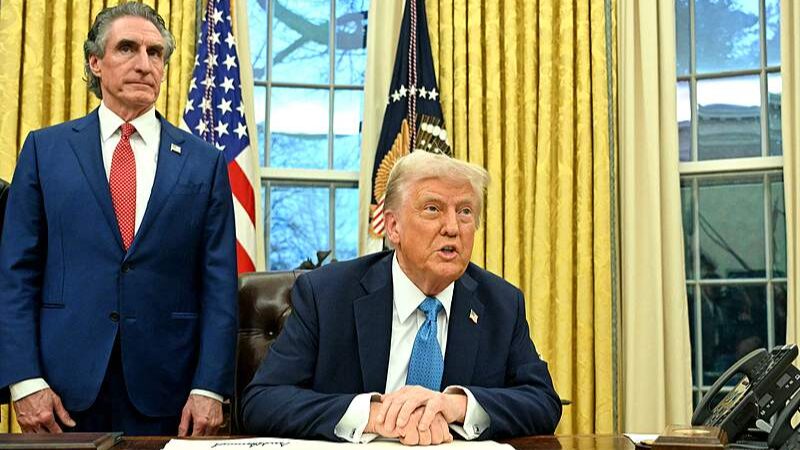China has implemented groundbreaking regulations requiring all AI-generated content to be clearly labeled, marking a significant step in addressing the global challenge of synthetic media. The rules, effective since Monday, mandate explicit or implicit identification of text, images, audio, video, and virtual scenes created through artificial intelligence.
The Cyberspace Administration of China (CAC) and three other regulatory bodies introduced a three-tier review system. Platforms must now screen content before publication, flag confirmed AI-generated material, and attach risk warnings to suspected synthetic content. Zhang Jiyu of Renmin University explained: "When platforms detect metadata markers, they label it as AI-generated. When algorithmic analysis suggests synthetic origins without clear markers, it must be flagged as suspected AIGC."
This move follows China's intensified focus on AI governance in 2024. Earlier campaigns targeted deepfake technologies and unlabeled synthetic content, resulting in the removal of 960,000 problematic items and sanctions against 3,700 accounts. The regulations build on 2023's pioneering legislation governing deep synthesis technologies, positioning China as a global leader in AI policy development.
While addressing misinformation risks, authorities acknowledge potential challenges. Zhang emphasized the need for "mechanisms to protect creators from false algorithmic identification," recognizing current technological limitations in content verification.
The global AI community has taken note of these developments. At July's World AI Conference in Shanghai, Geoffrey Hinton warned: "Managing AI is like keeping a tiger as a pet – we must ensure it doesn't turn on us." China's regulatory approach reflects this balancing act, seeking to harness AI's potential while mitigating risks through transparency measures.
As nations worldwide grapple with synthetic media challenges, China's mandatory labeling framework offers a potential model for digital governance. The rules could influence business strategies for tech firms, create new compliance requirements for investors, and provide researchers with valuable case studies in AI policy implementation.
Reference(s):
cgtn.com








